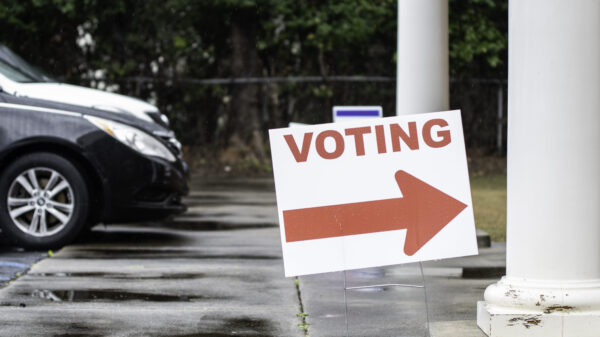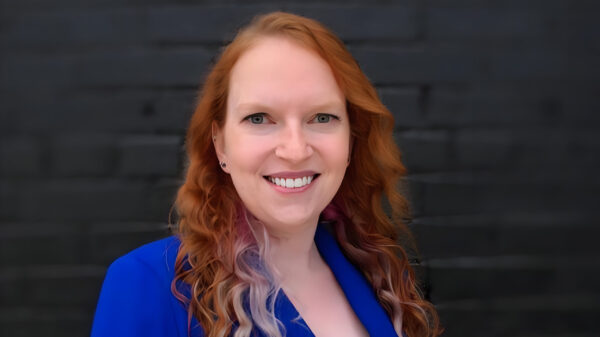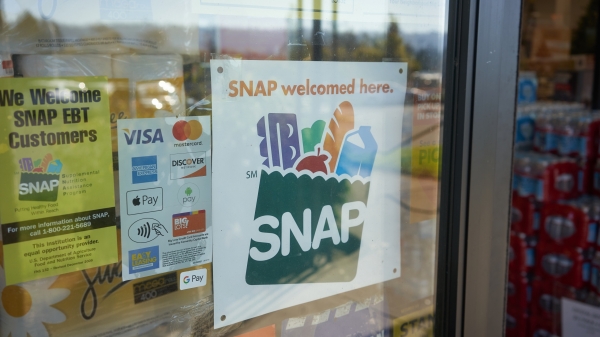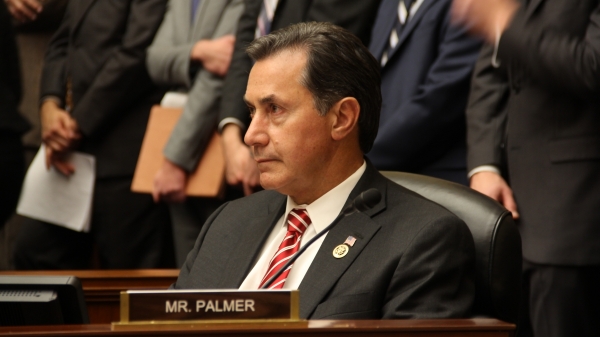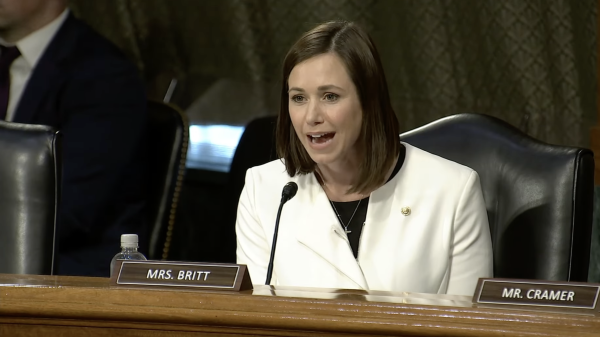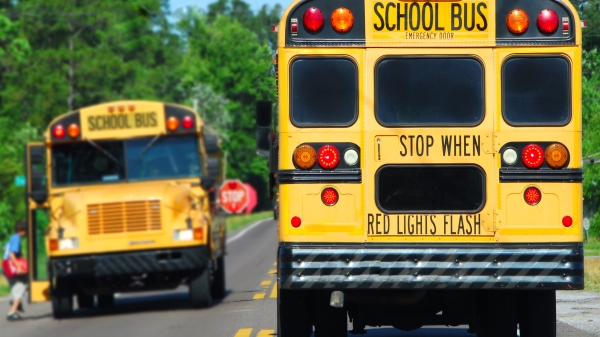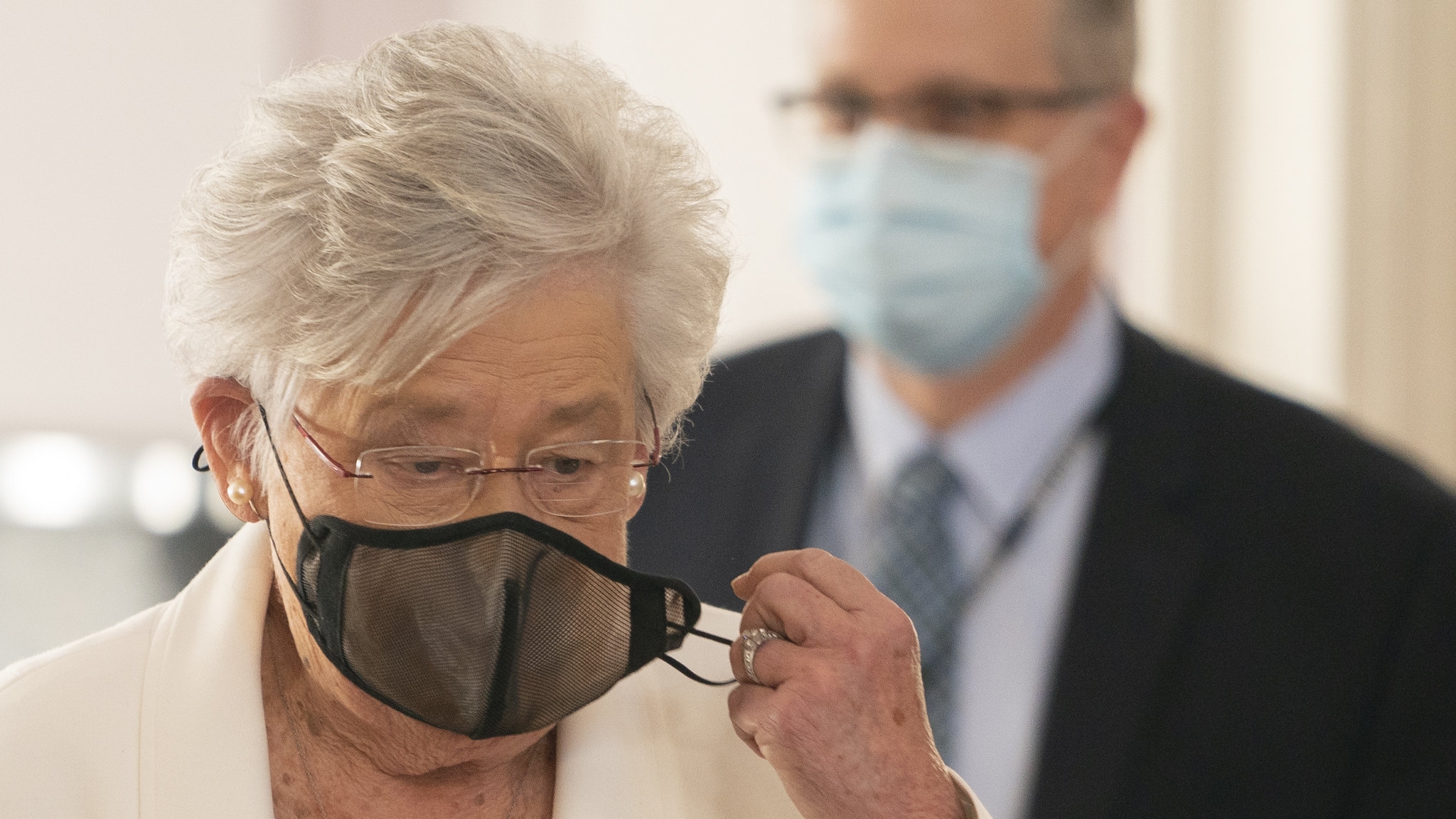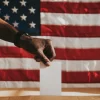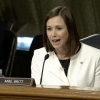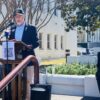Governor Kay Ivey on Friday issued a state of emergency because of surging COVID-19, but said there will be “absolutely no statewide mandates, closures or the like.”
Ivey’s office said in a statement that the state of emergency will “allow our health care community greater flexibility to offer care for patients coming through their doors.” The move will ease regulatory burdens on health care providers, allow hospitals to expand capacity and allow the state to expedite purchases of emergency equipment.
Alabama hospital ICUs on Friday were at 98 percent capacity, with COVID-19 patients making up nearly half of all of those patients. Alabama State Health Officer Dr. Scott Harris said Thursday that he expects Alabama will surpass the state’s all-time COVID hospitalization high, which was 3,084 on Jan. 11, within the next three or so days.
{{CODE1}}
“I am really proud that over the last month, Alabama has seen more than a 100% increase – the highest in the country – in covid-19 vaccines being administered. We owe those who have gotten the vaccine a tremendous debt of gratitude,” Ivey said in a statement. “No doubt, this will soon move us in the right direction, but at the current time, we also need to offer our frontline heroes – who are unfortunately treating a new wave of patients in Alabama’s hospitals – a helping hand as they put it all on the line to take care of our people.”
“That is exactly what we are doing in issuing this limited, narrowly-focused state of emergency. I want to be abundantly clear: there will be absolutely no statewide mandates, closures or the like. This state of emergency is strategically targeted at removing bureaucracy and cutting red tape wherever we can to allow our doctors, nurses and hospital staff to treat patients that come through their doors,” Ivey said.
“Let me be crystal clear: Alabama remains open for business. Alabamians do not need government telling us what to do or how to do it. Unlike last year when we were hoping for a miracle, our greatest weapon against covid-19 today is the vaccine, so, if you can, roll up your sleeve and get the shot,” Ivey said.
The previous state of emergency expired on July 6. Ivey first declared a state of emergency due to the pandemic on March 13, 2020, the day of Alabama’s first confirmed COVID-19 case. The state’s mask mandate ended in the spring, and Ivey has said she has no plans to return to mask mandates in schools or for the public, or to order limitations on businesses.
Dr. Aruna Arora, president of the Medical Association of the State of Alabama, commended Ivey for her action Friday.
“Governor Ivey’s action today will help alleviate medical staffing shortages due to the sharp increase in COVID hospitalizations and Alabamians will have greater access to health care as a result,” Arora said. “Physicians throughout Alabama are grateful for Governor Ivey’s leadership and continue to urge everyone who can get vaccinated to get vaccinated.”
Harris was asked Thursday whether Alabama could have to call on help from federal medical teams to assist in the state’s overburdened hospitals, as is being done in Louisiana and Mississippi. Harris said Alabama hasn’t made a formal request for those federal medical teams, but that he’s had numerous calls and a long visit on Wednesday with those federal officials about the possibility of doing so.
Harris was also asked whether a disaster declaration could be forthcoming, and he responded that healthcare institutions had made written requests for a declaration to be issued.
“If a disaster declaration is coming there certainly needs to be really clear benefits from doing that, reasons to do that,” Harris said. “We’re working through ourselves the ways in which that can be beneficial.”
Alabama Hospital Association President Dr. Don Williamson told APR on Wednesday that if Alabama needed tent hospitals, as are being used in hard-hit Texas, the state wouldn’t have staff to run them. This state of emergency declaration could help increase staffing to work in such alternative settings.
“If we get to that point, we’re going to have to get federal assistance,” Williamson said.

